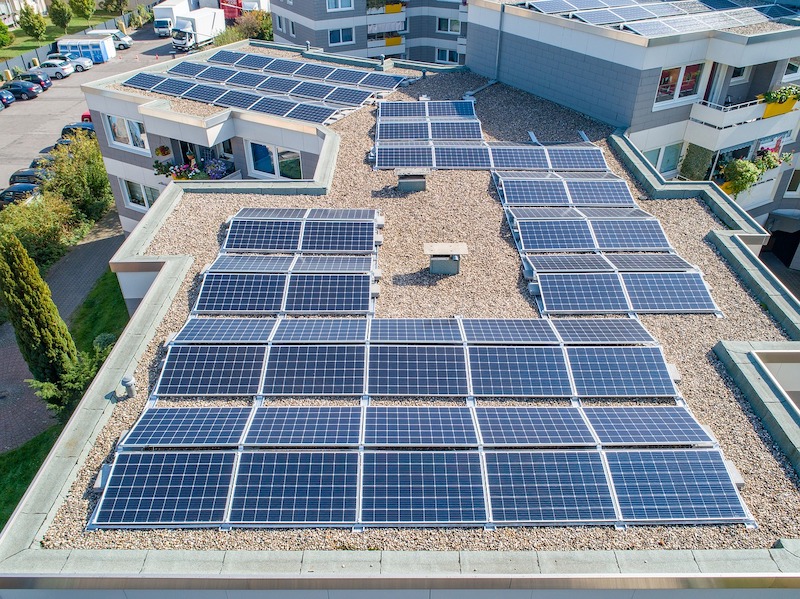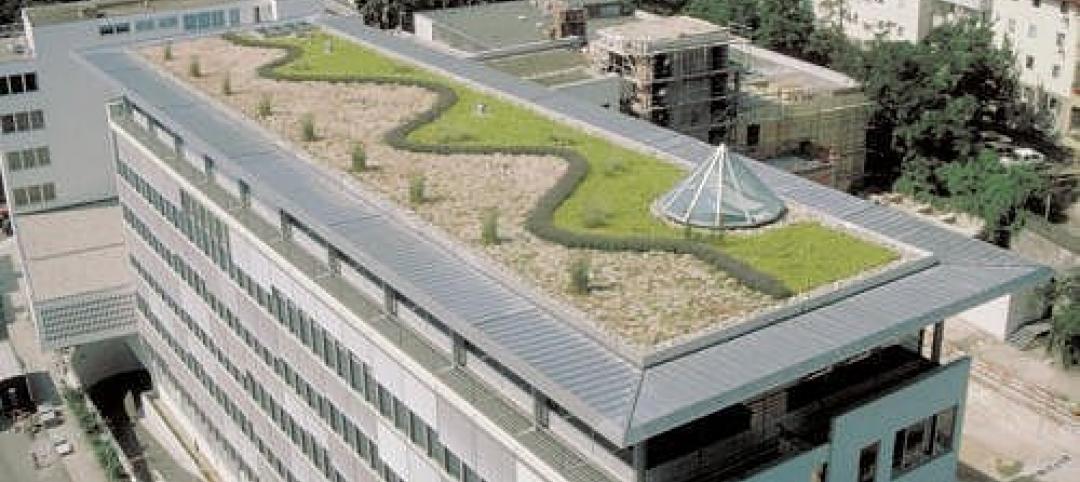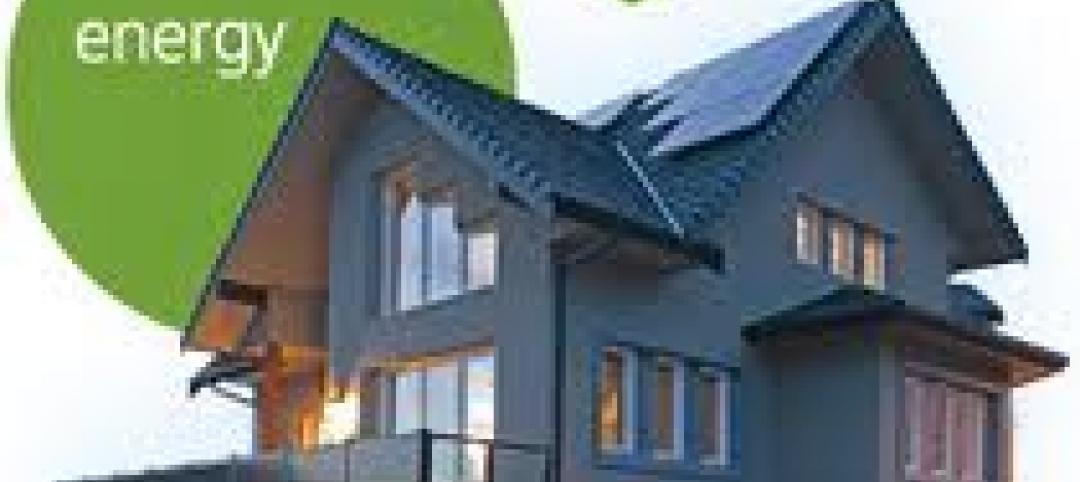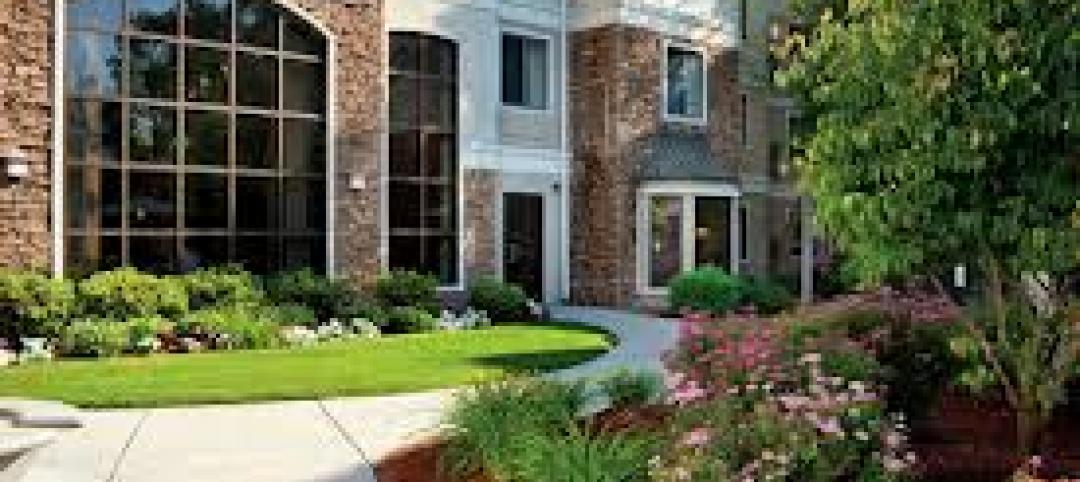With the number of extreme weather events on the rise, and the possibility that the cost of powering a building with fossil fuels rising as governments aim to combat climate change, net-zero construction could provide future-proofing qualities.
Construction using leading-edge techniques today will result in longer-lasting structures, the reasoning goes. For instance, a home battery system may become more desirable for backup power with more grid outages due to storms and wildfires. Installing them now in new construction would make these buildings more desirable—especially in the long run.
An affordable housing project that tightly seals the building and packs the walls with an extra thick layer of insulation greatly reduces residents’ heating and cooling expenses, improving their financial resiliency. Heat pumps can provide efficient room heating and water heating. These measures create further savings that will make the building more desirable for tenants for many years.
Figuring out the angle of the sun on August afternoons and designing shades that block it then, but also allow sunlight in when it is at a lower angle in the sky in the winter further bolsters energy efficiency.
Related Stories
| Oct 31, 2012
MIT models show roofs' capacity for solar energy in Cambridge, Mass.
A new mapping tool from the Massachusetts Institute of Technology and a Boston design firm can calculate rooftops' capacity for solar energy.
| Oct 31, 2012
Demand for living roofs, walls to reach $7.7 billion by 2017
The demand for green roofs and living walls is expected to climb from $5.3 billion in 2011 to $7.7 billion in 2017, according to a report from Lux Research.
| Oct 25, 2012
Philadelphia councilmen move to crack down on contractors working without licenses, permits
Two Philadelphia city councilmen are trying to crack down on the "underground economy" of developers and contractors who work without licenses and permits, pay cash under the table, and operate unsafe job sites.
| Oct 25, 2012
OSHA and NIOSH offer Spanish version of nail gun safety document
The Occupational Safety and Health Administration and the National Institute for Occupational Safety and Health have made available a Spanish version of “Nail Gun Safety - A Guide for Construction Contractors.”
| Oct 25, 2012
AGC holding webinar on sequestration’s potential impacts on the construction industry
AGC will hold a free webinar on sequestration and its potential impact on federal construction contractors on Nov. 7.
| Oct 25, 2012
Nashville providing incentives for green roofs
The city of Nashville, Tenn., is promoting the installation of green roofs through a measure providing a $10 reduction in a property's sewer fees for every square foot of vegetative roof.
| Oct 25, 2012
Net Zero buildings will use operating systems like computers to save energy
As buildings become more efficient and begin to use distributed electricity generation, they will need to become “smarter,” using operating systems much as a computer does.
| Oct 18, 2012
Princeton, N.J. residents upset over proposal to exempt colleges from land use laws
Princeton, N.J. residents criticized proposed legislation that would exempt private colleges and universities from following local land use laws for construction projects.
| Oct 18, 2012
Utah contracting firm challenges state immigration law
Universal Contracting LLC of American Fork, Utah, has filed suit challenging the constitutionality of Utah’s 2011 immigration law.
















